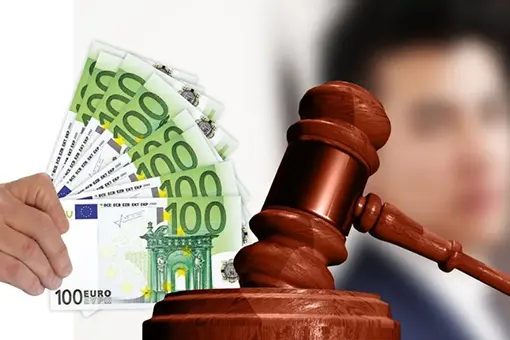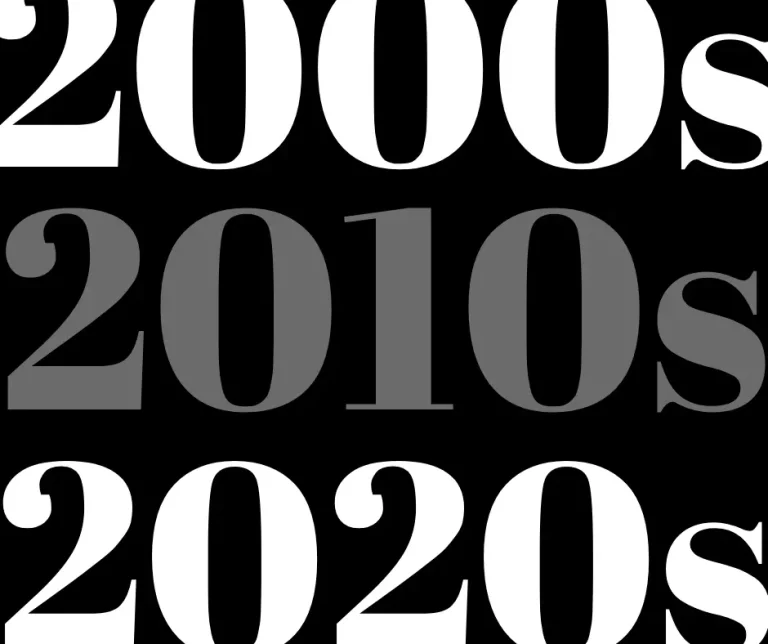The world of a large business is filled with litigation, and throughout the years, a number of major businesses have been forced to pay billions of dollars in damages for costly blunders. Companies have faced large settlements, frequently in the billions of pounds, in cases involving anything from environmental calamities to loss of life. Large fines are gradually emerging as one of the most dependable instruments for holding enormous firms with eye-watering profits to account as authorities across the world try to catch up with them in areas including banking, technology, healthcare, energy, and more.
Who paid the largest criminal fine in history?
So, who paid the world’s largest criminal fine, and for what?
Following a fine imposed by US regulators in 2009, Pfizer has been accused of paying the world’s biggest criminal penalties. Other businesses, on the other hand, have paid significantly greater fines in the past than Pfizer. Tepco, or Tokyo Electric Power Company, was ordered to pay £330 billion in compensation to Fukushima nuclear disaster victims in 2011. The stunning triple meltdown at Japan’s Fukushima Daiichi Nuclear Power Plant in March 2011 followed the devastating Tohoku earthquake and tsunami and was the biggest nuclear disaster since the 1986 Chornobyl disaster.
During an investigation into the Fukushima disaster, three Tepco CEOs were first accused of failing to ensure that safety requirements were met, with a Japanese legislative panel ruling that the disaster was “profoundly man-made.” Despite the fact that the three Tepco officials were found not to be responsible for the disaster, the company was forced to compensate victims for more than £300 billion. In 2012, British Petroleum (BP) was charged with criminal fines of £2.8 billion for its role in the Deepwater Horizon oil spill in the Gulf of Mexico, but the sum was later hiked to over £47 billion owing to the lengthy compensation process.
The 2010 event is considered one of the biggest environmental disasters in history, resulting in 11 fatalities and a $4.5 billion in criminal penalties from US regulators. Buzzfeed later reported that BP only paid Mexico $25 million in compensation for the disaster. According to statistics compiled by Diggity Marketing, Bank of America has paid out an estimated $82.7 billion in damages since 2000, including around £11 billion in damages for its part in the 2008 subprime mortgage crisis and financial catastrophe.
What was the size of Pfizer’s criminal fine, and why were they required to pay it?
While Pfizer’s criminal payment of £1.7 billion ($2.3 billion) was little in comparison to the massive fines made against businesses like Tepco, BP, and Bank of America, it was nevertheless the highest healthcare fraud settlement and criminal fine to date at the time.
Pfizer was fined by US regulators when it was discovered that the company had committed fraud by misrepresenting the now-withdrawn painkiller Bextra. The business admitted to marketing the medicine for ‘off-label’ uses that were not permitted by the US Food and Drug Administration (FDA).
Bextra was taken off the market by Pfizer in 2005, however, it was pushed for applications and dosages that the FDA had explicitly rejected due to safety concerns.
Which industries are the most penalized?
Financial services, according to Diggity Marketing, is the industry that has received the highest fines so far. As of February 2021, the banking and payment services sector has racked up fines totalling $331,558,339,161 spanning more than 6,000 fines.
With 944 fines totalling just over $56 billion, the pharmaceutical business came in second, while the oil and gas industry came in third with fines totalling over $45 billion.
Of companies paying the most in fines to date, the Bank of America topped the chart and JPMorgan Chase came in at second place – paying more than $35 billion in fines.






